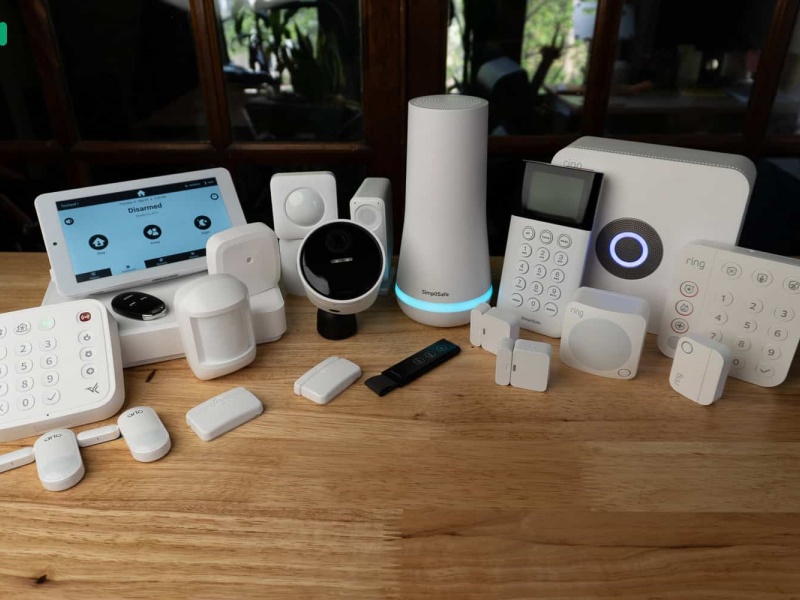Why Health Tracking Matters
Health tracking allows individuals to gain insights into their habits and overall health. By keeping a record of your daily activities, you can identify patterns, set goals, and monitor progress. This awareness empowers you to make better lifestyle choices, whether you aim to lose weight, improve fitness, or manage chronic conditions.
Methods of Health Tracking
There are several effective methods for tracking your health:
– Wearable Devices: Smartwatches and fitness trackers are popular tools for health monitoring. They can track steps, heart rate, sleep patterns, and even stress levels. Many devices sync with mobile apps, providing a comprehensive view of your health data.
– Mobile Apps: Numerous health and fitness apps are available for smartphones. These apps can help you log food intake, track workouts, and monitor vital signs. Look for apps that offer customizable features to suit your specific health goals.

– Journals and Planners: For those who prefer a more traditional approach, maintaining a health journal can be effective. Write down your daily meals, exercise routines, and feelings to identify trends and areas for improvement.
– Professional Health Assessments: Regular check-ups with healthcare professionals can provide valuable insights into your health. Blood tests, physical examinations, and personalized advice can help you track important health metrics.
Tips for Effective Health Tracking
To maximize the benefits of health tracking, consider these practical tips:
1. Set Clear Goals: Define specific, measurable, achievable, relevant, and time-bound (SMART) goals. Whether it’s increasing daily steps or improving your diet, clear goals will keep you motivated.
2. Be Consistent: Regularly update your health data to ensure accuracy. Consistency is key to identifying trends and measuring progress over time.

3. Review and Adjust: Periodically review your health data to assess your progress. If you’re not meeting your goals, don’t hesitate to adjust your strategies or seek professional advice.
4. Stay Accountable: Share your health tracking journey with friends or family. Having a support system can motivate you to stay on track and celebrate your achievements.
5. Focus on Balance: While tracking is essential, it’s important to maintain a balanced approach. Avoid becoming overly fixated on numbers and remember that overall well-being encompasses physical, mental, and emotional health.
Conclusion
Health tracking is an invaluable practice that can lead to significant improvements in your overall well-being. By utilizing various methods and following practical tips, you can gain insights into your health and make informed decisions that align with your goals. Embrace health tracking as a tool for empowerment, and take proactive steps toward a healthier, happier life.






